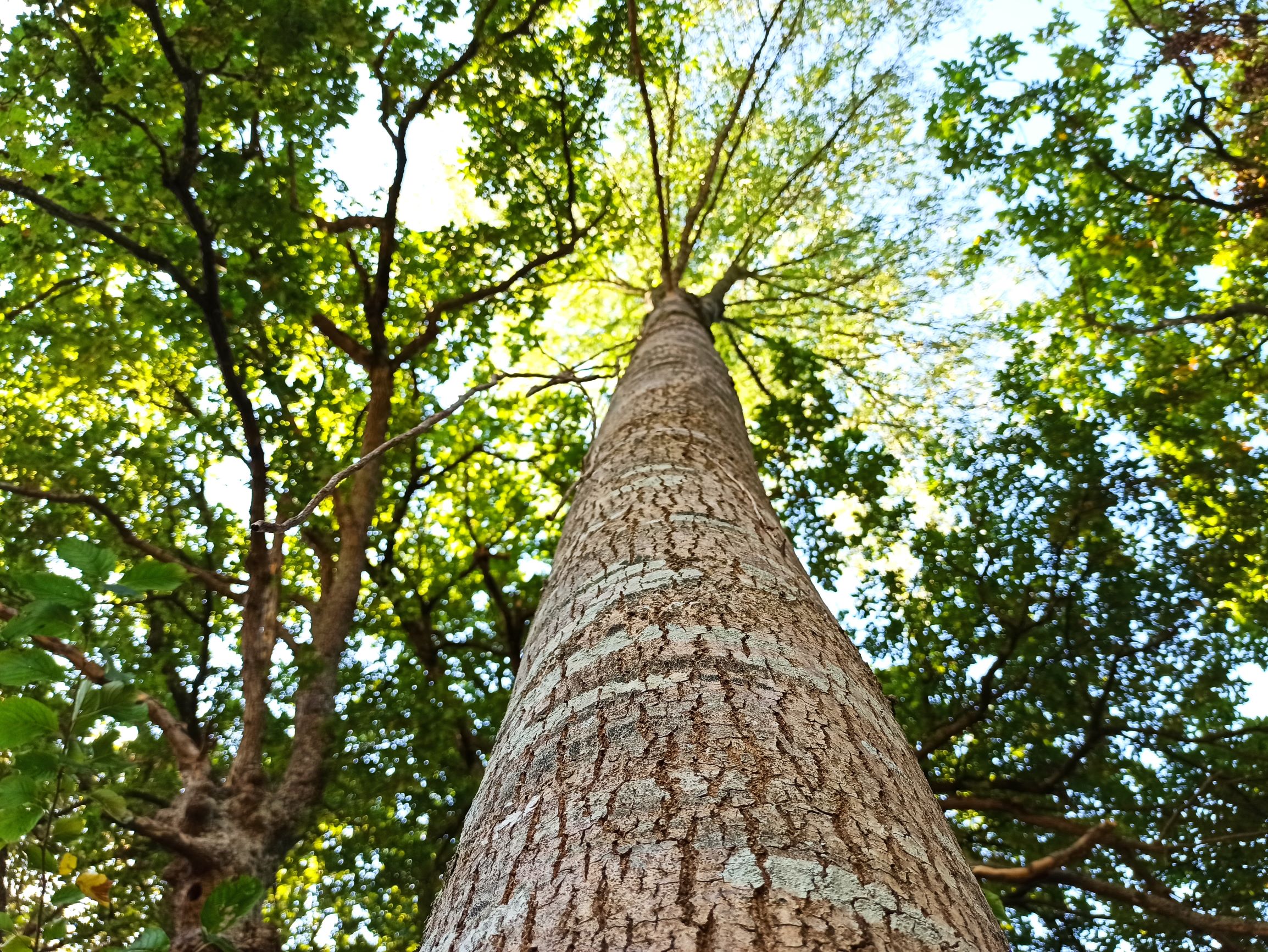

The votes are here and there are many arguments that lead us to put one or another piece of paper into the box; we want to throw our thread into the forest.
But what is the forest? The forestalists use naughty words such as forestry to justify their monoculture in these green times, but the reality is stubborn. As soon as we go out to the balcony or to the street, the impressive plantations of pines and eucalyptus surround us, something that most of us have not known.
Not all greens are forests, buddy, narrow your eyes and you will easily discover that all this is a green desert, because biodiversity has been driven out of these lands long ago. The rest of the effects are not slow: excessive water absorption, soil erosion, ideal fuel for fires, damage to mental and physical health, denial of ecosystem services, all of which add to the economic damage that the public system will end up paying. We all have to pay for the economic damage caused by monoculture and all the essential systems (heavy machinery, flush cutting, runway maintenance, etc.). ), and the biggest profits remain in companies in the sector.
Someone can tell us: "And the role of voting and propaganda is made of what, where do you think it's come from, illuminate those things?
Our study indicates that it would be enough to lower the surface of the monoculture to 14% to meet our needs. What is cultivated from there is in the interests of companies in the sector, not for the benefit of society.
The Live Forests Platform assumes the need for a limited monoculture for timber and derived from the CAPV, so to know the hectares we would need to ensure current consumption, together with recycling, we carried out a study that shows a very clear result: the surface of the current monoculture is 52% in three territories (20% in Álava, 78% in Bizkaia and 60% in Gipuzkoa vs. 48%). Our study indicates that it would be enough to lower the surface of the monoculture to 14% to meet our needs. What is cultivated from there is in the interests of companies in the sector, not in the interests of society, to be clear.
In the election campaign, the advocates of monoculture repeat over and over again pearls, with the invaluable support of the media. Examples include:
The Gipuzkoa Forestry Association says: "This immediate breakdown of balance in the Gipuzkoan mountain could seriously harm Gipuzkoan society in a few years' time, and it seems that we are not aware of it."
Who have broken the balance in a 60-year-old monoculture? They pushed this policy forward with the approval of the Foreign Ministers. And now that he's recovering nature, from pine sickness, he's labeled "immediate danger." Then you need leather.
And as we speak of the Foral Deputies, Eider Mendoza, candidate of the PNV of Gipuzkoa says: 62% of Gipuzkoa is a forest, not a forest unfortunately, but what follows these statements is: The philosophy of a new foundation created by this Parliament, which they call BASOTIK, although in the register it is not said with that name, but as BSTK. Its intention is to create a macro-enterprise for the management of the sector and use a series of pseudo-environmental arguments that support monoculture: Absorption of CO2, ecological biomass, etc., in order to obtain European aid.
But not all of the intentions have been pessimistic on the part of the government, which is why we too, in some ways, advocate the 1994-2030 Forestry Plan. The plan was designed by the Government on the basis of the risks caused by 20,000 hectares of pine trees burned in 1989, in particular high erosion soils, with the aim of establishing 112,000 hectares of protected forest. No hectare has been set in motion today. What do you expect, government? Climate change is on top, and it won't forgive us its laziness.
In this regard, in our view, we should request on the M28 (if you are going to vote) the following proposals: Expansion of green spaces and ecological corridors, respect for conservation forests (this study has already been published by the Provincial Council of Gipuzkoa), certification of our sources and aquifers, development of edible forests in collaboration with the primary sector and certification of sustainable forest production of proximity.
So does the forest or monoculture vote? We are very clear.
Edu Zabala, Baso Biziak platform